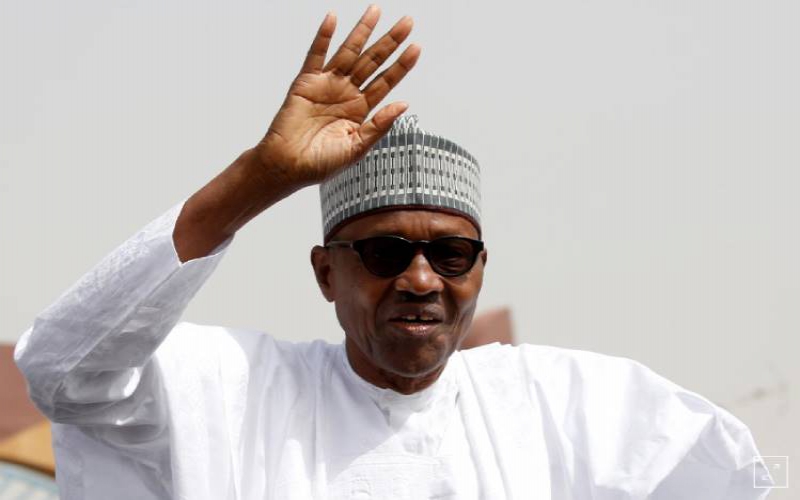×
The Standard e-Paper
Fearless, Trusted News

Nigeria’s President Muhammadu Buhari and his closest rival Atiku Abubakar made their final appeal for votes on the last day of campaigning on Thursday ahead of a presidential election on Saturday that was delayed by a week.
The Independent National Electoral Commission (INEC) delayed the vote in the early hours of last Saturday, citing logistical reasons, as people were preparing to head to the polls.